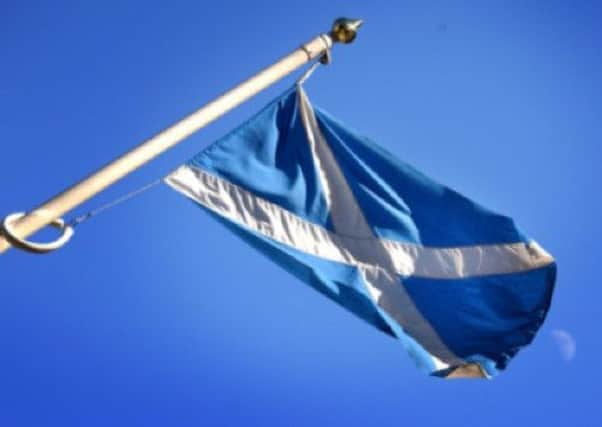Scottish independence: Military force cost fears


But they add, in an article to be published this week by a leading policy institute, that the nation could play an effective role in resolving conflicts in the event of a “Yes” vote.
Written by Alyson Bailes and Paul Ingram of Chatham House, the article suggests that Scotland could make a more effective peace-keeping contribution than the UK.
Advertisement
Hide AdAdvertisement
Hide AdThe article, “Scotland the Brave New World”, published in Chatham House’s bi-monthly magazine World Today, states: “More novel would be the scope for Scottish ‘clean-handed’ mediation in national or regional conflicts where the UK might seem less qualified or trusted given its size, alignments and imperial history.
“Norwegian peace activism is the obvious model here...The SNP has also said that Scotland would continue contributing to peacekeeping, but only for actions with a watertight UN mandate. There are Nordic models for actually writing this caveat into the constitution, though in practice even Sweden and Finland have been willing to join in actions – such as Nato’s in Kosovo – with a shaky legal base.”
The authors make the point, however, that financing a peace-keeping force would be expensive.
“For countries of Scotland’s size, with five million inhabitants or fewer, making forces available of the necessary quality and high-readiness imposes heavy costs.
“This could be a factor pushing Scottish defence spending back up again; or Scotland could explore typical small-state solutions such as sending more civilian than military personnel (especially for EU missions), or combining its contributions with those of a larger ally – maybe the UK.”
The article adds that Scotland could join the anti-nuclear Non-Proliferation Treaty even if nuclear submarines remained on the Clyde. “Joining the NPT as a non-weapon state would not necessarily imply closing the Faslane/Coulport base currently home to Britain’s nuclear submarines,” it says.
Although the SNP has pledged to remove Trident, doubts have surfaced about the practicality of that policy with some experts believing the weapon would have to stay at Faslane in the short term.